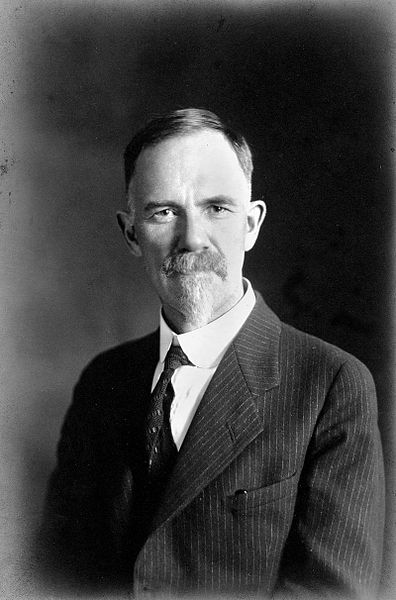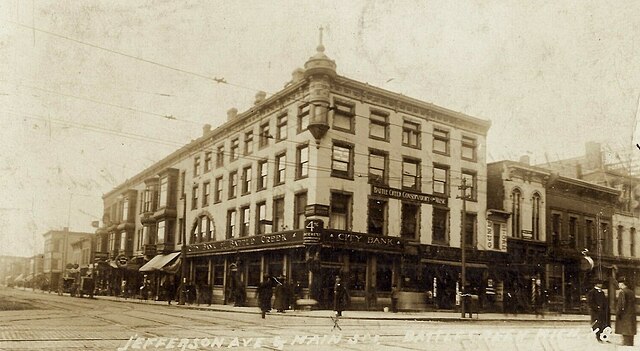Race Betterment Foundation
The Race Betterment Foundation was a eugenics and racial hygiene organization founded in 1914 at Battle Creek, Michigan by John Harvey Kellogg due to his concerns about what he perceived as "race degeneracy". The foundation supported conferences, publications, and the formation of a eugenics registry in cooperation with the ERO. The foundation also sponsored the Fitter Families Campaign from 1928 to the late 1930s and funded Battle Creek College. The foundation controlled the Battle Creek Food Company, which in turn served as the major source for Kellogg's eugenics programs, conferences, and Battle Creek College.
In his will, Kellogg left his entire estate to the foundation. In 1947, the foundation had over $687,000 in assets. By 1967, the foundation's accounts were a mere $492.87. In 1967, the state of Michigan indicted the trustees for squandering the foundation's funds and the foundation closed.
Portrait of John Harvey Kellogg
Portrait of Irving Fisher
Portrait of Charles Benedict Davenport
Good Health, January 1894 cover
Battle Creek is a city in the U.S. state of Michigan, in northwest Calhoun County, at the confluence of the Kalamazoo and Battle Creek rivers. It is the principal city of the Battle Creek, Michigan Metropolitan Statistical Area (MSA), which encompasses all of Calhoun County. As of the 2020 census, the city had a total population of 52,731. Nicknamed "Cereal City", it is best known as the home of WK Kellogg Co and the founding city of Post Consumer Brands.
View of Downtown Battle Creek
City Bank of Battle Creek was shown on a real photo postcard sent on July 7, 1908
Battle Creek is known for the World Headquarters of Kellogg's, best known for its Kellogg's Corn Flakes and Special K cereals.
2010 World's Longest Breakfast Table








